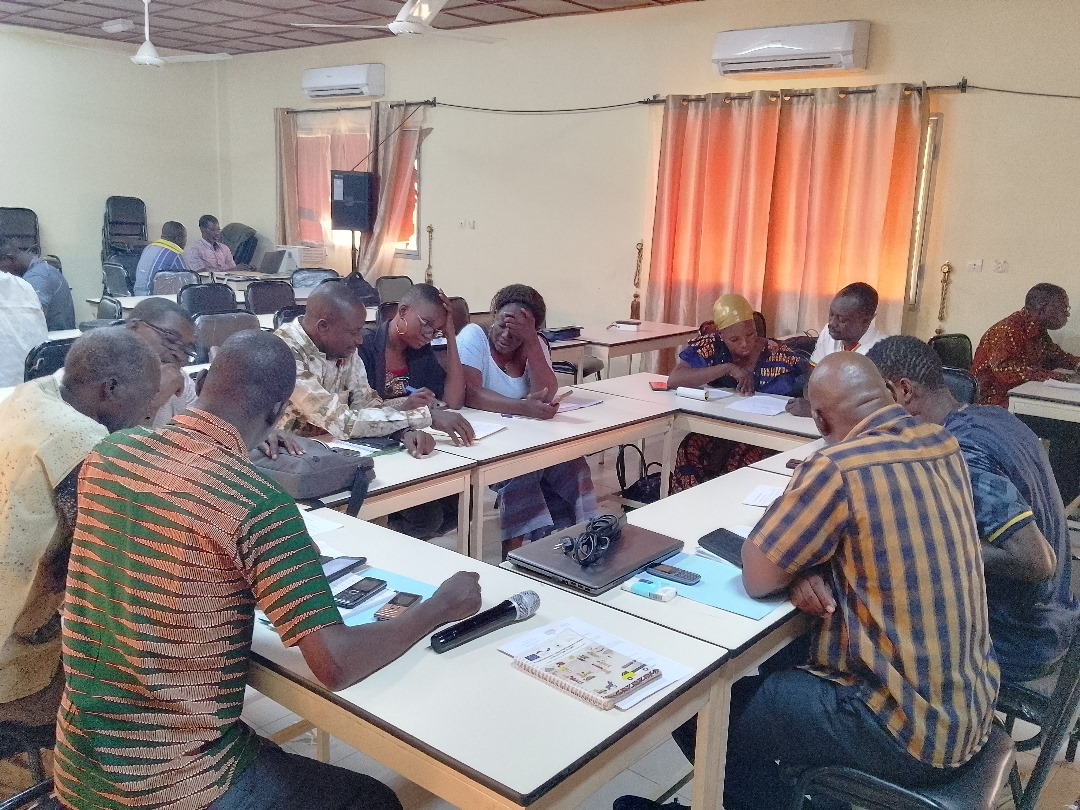
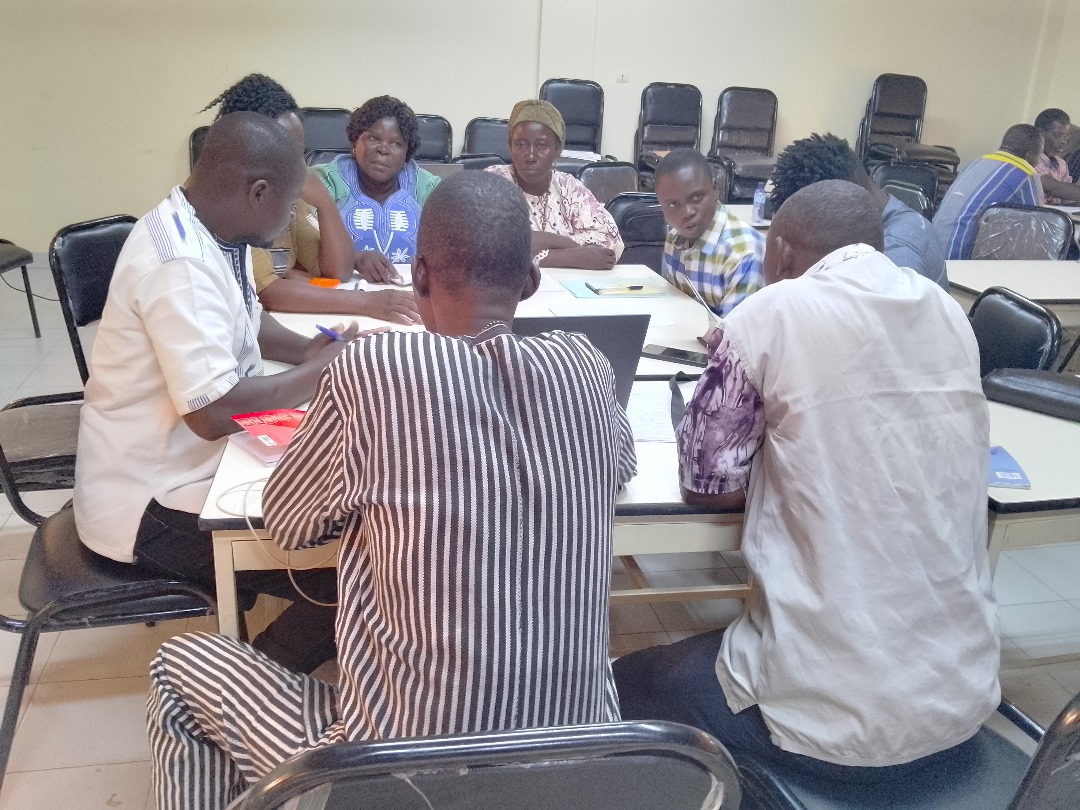
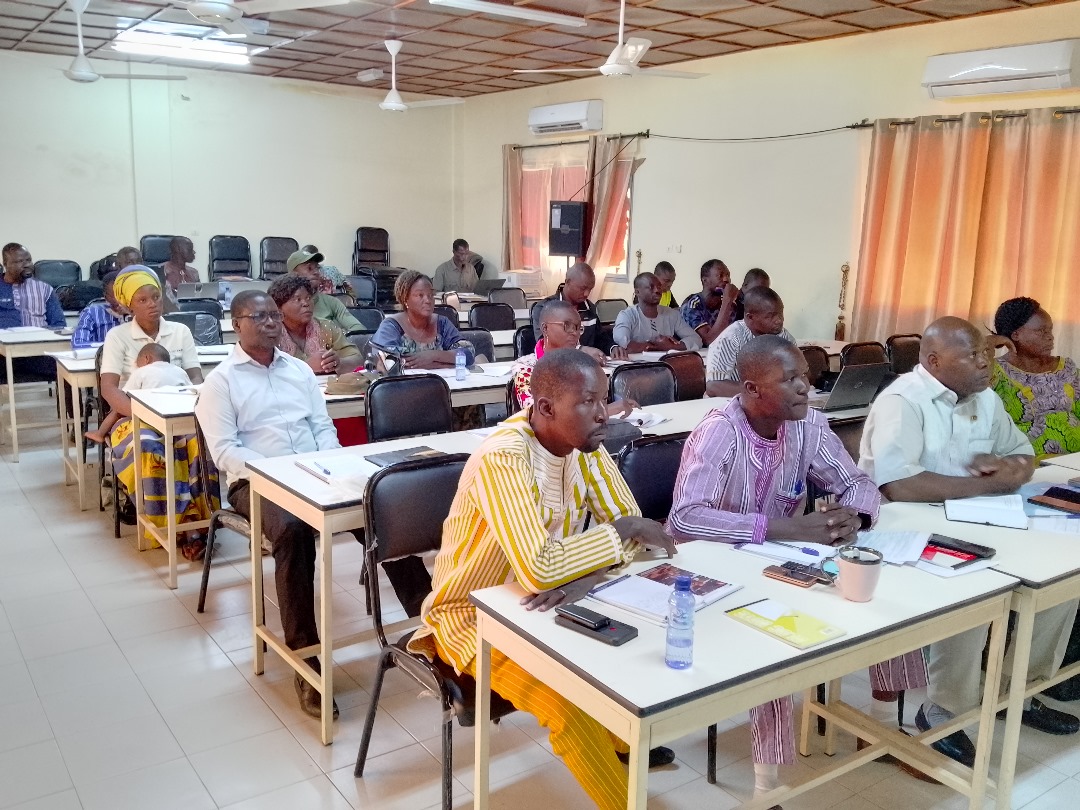
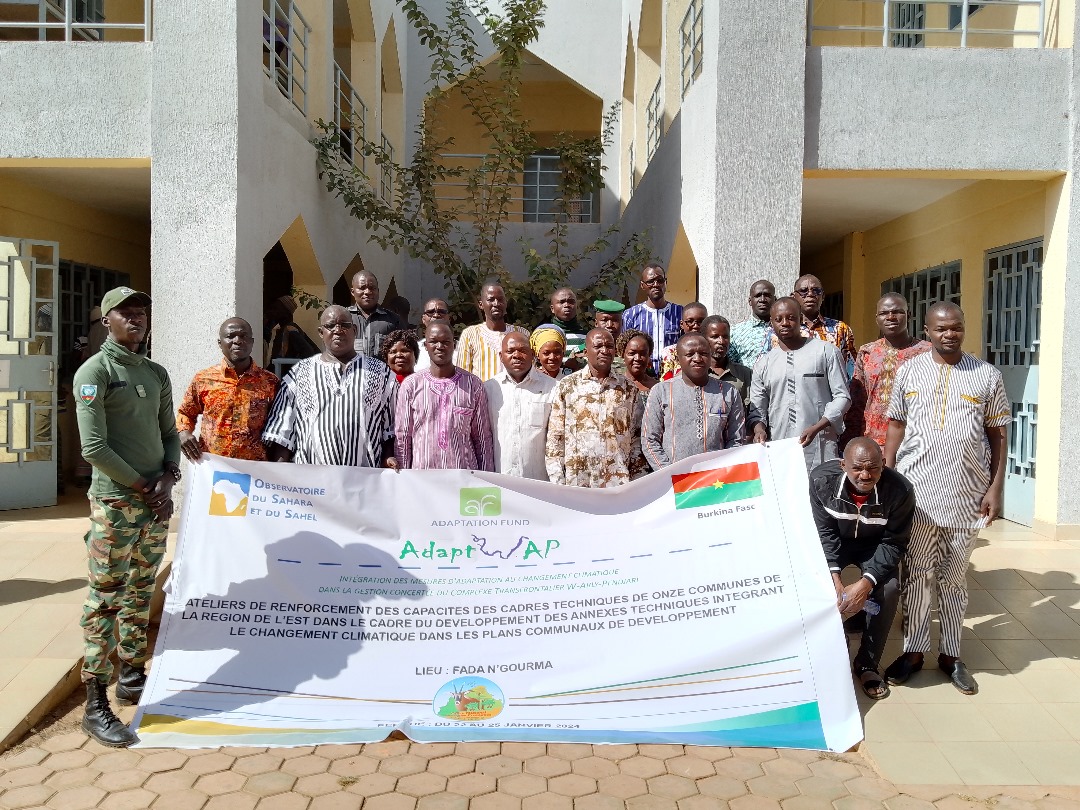
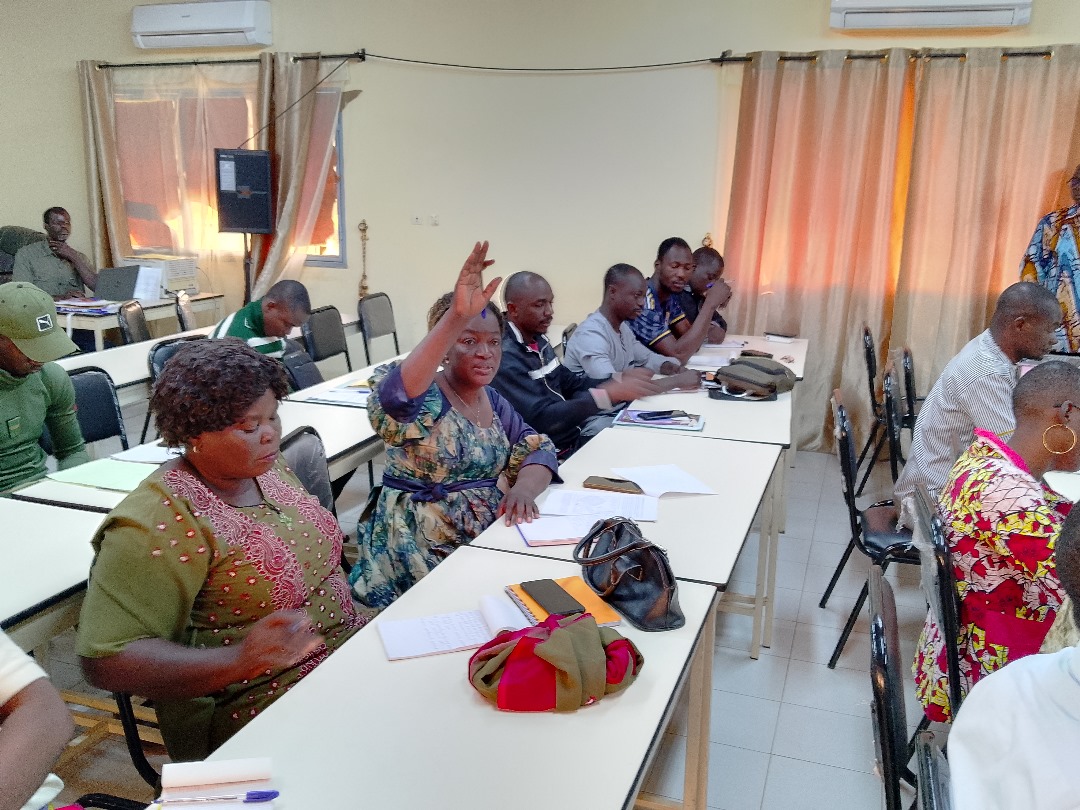
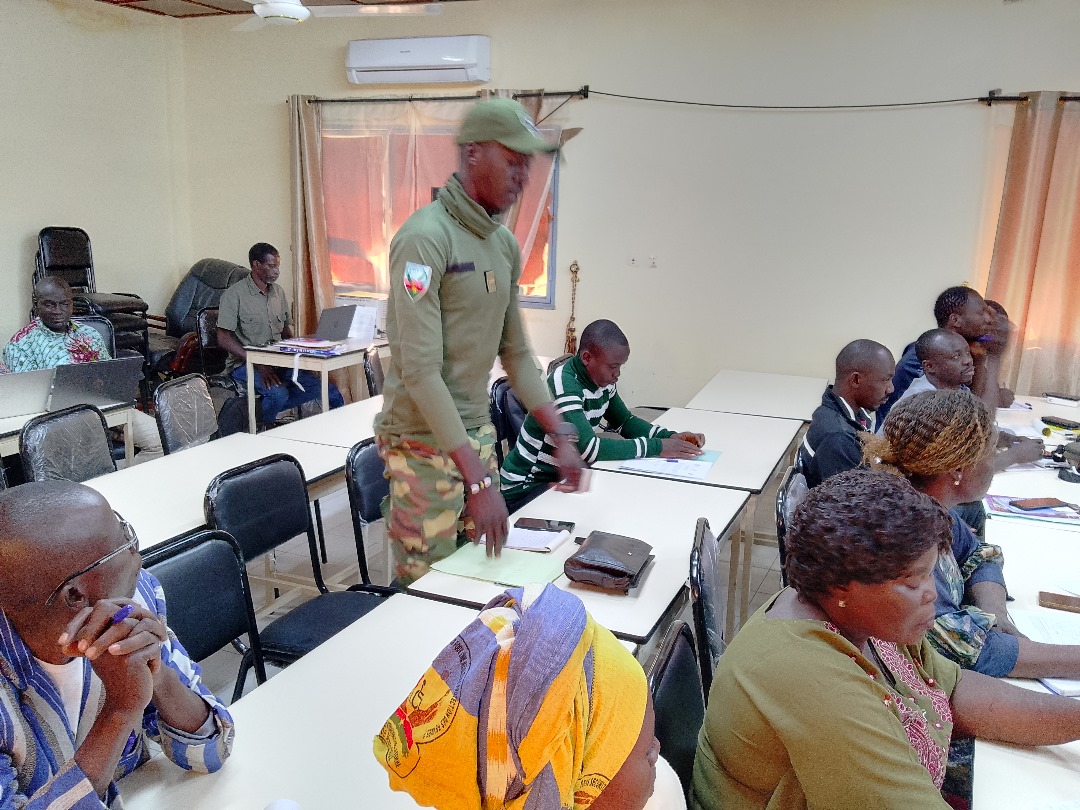
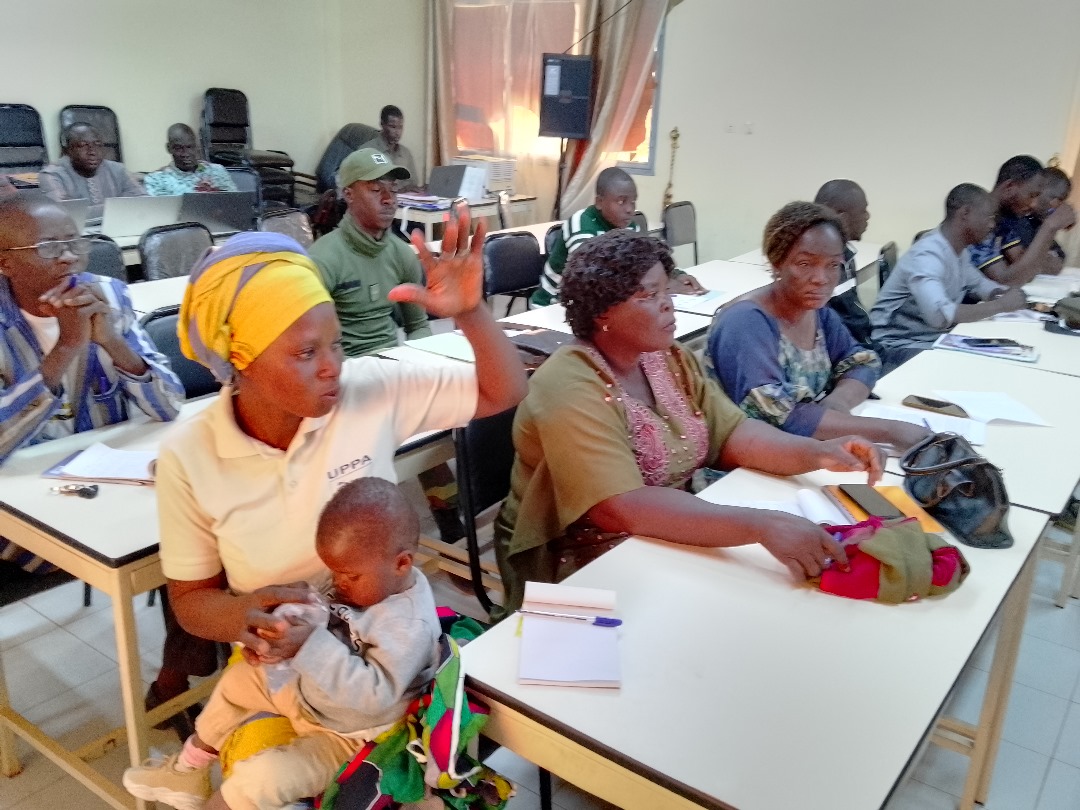
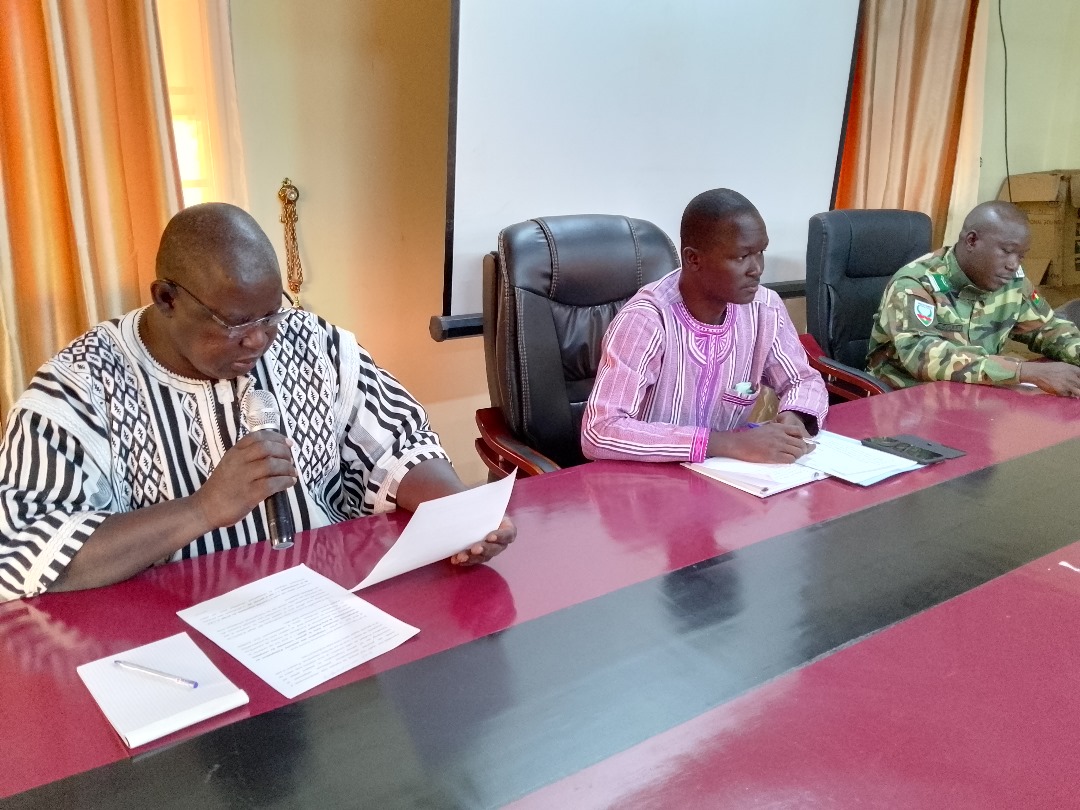
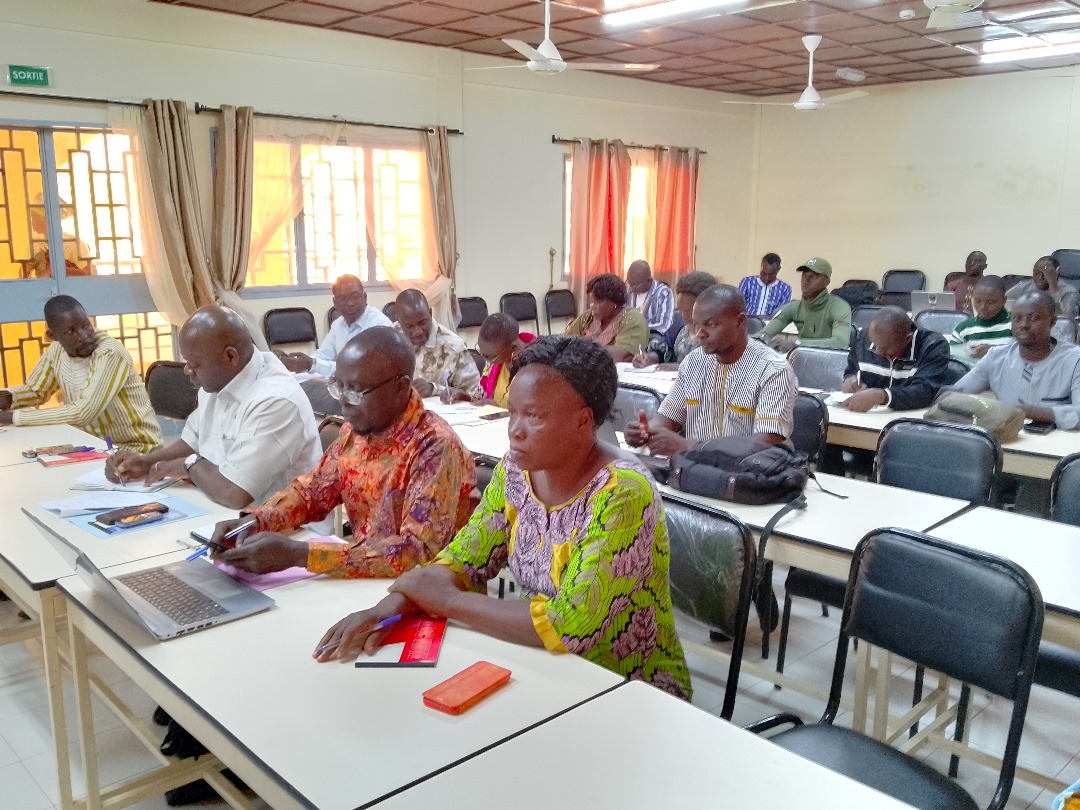
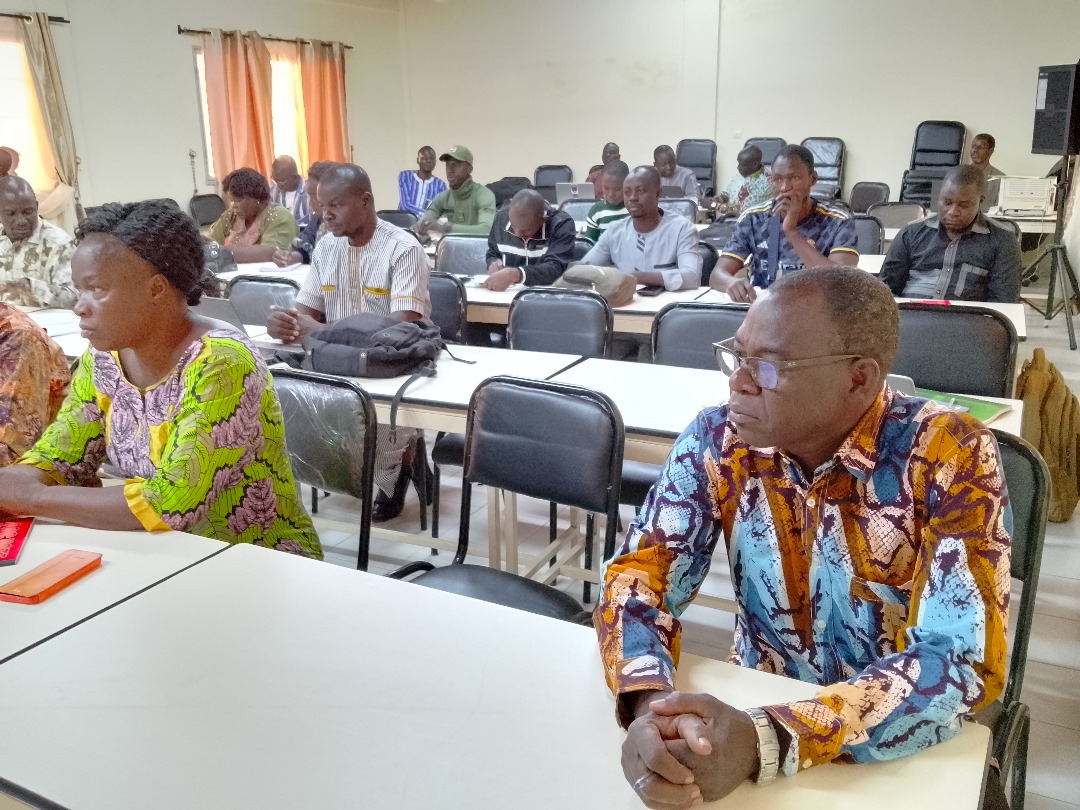
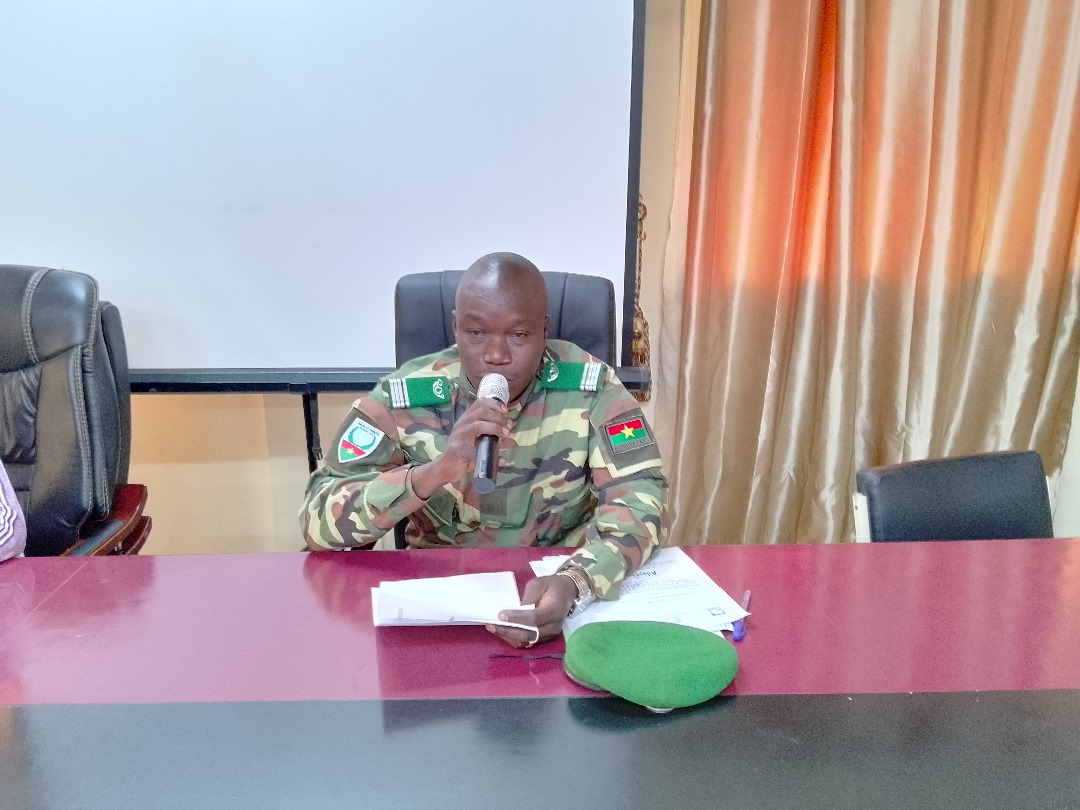
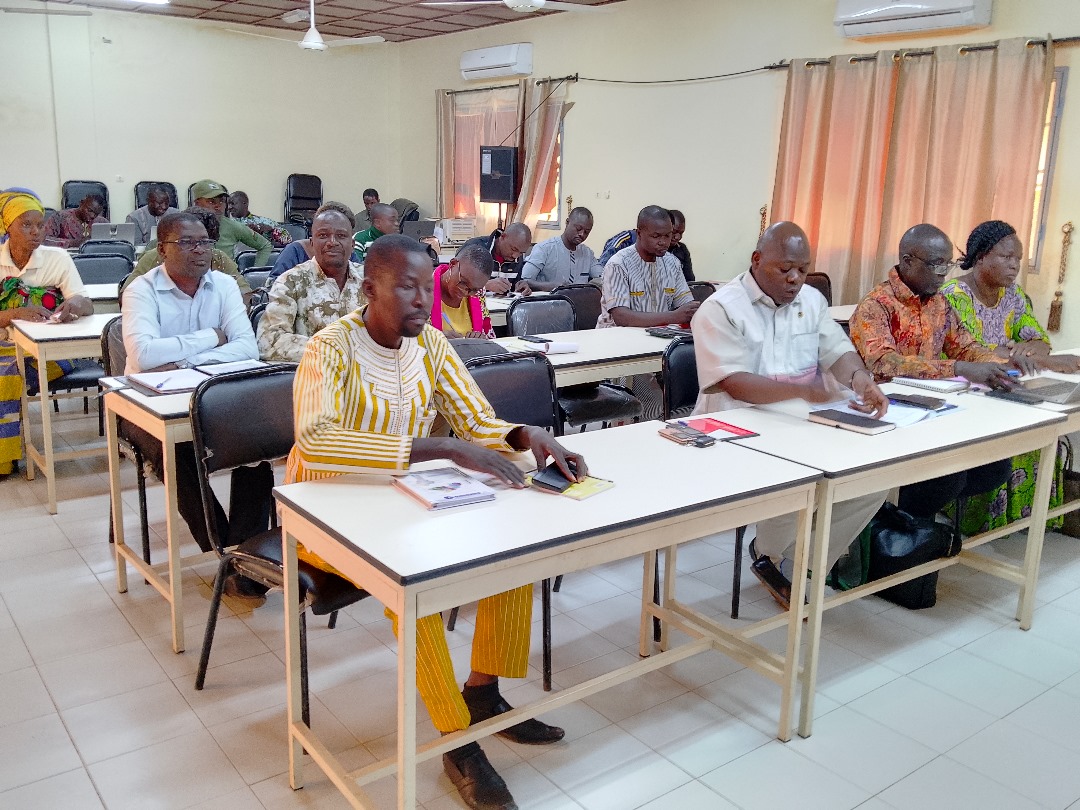
The W-Arly-Pendjari (WAP) complex is particularly important to the West African ecoregion due to its ecological role and its advantageous habitat for the diversity of fauna and flora. Despite the climate change threats and the increasing pressure of local populations on natural resources, the WAP complex is still one of the main well-conserved Sudanese ecosystems.
National initiatives and regional projects/programs have been implemented to provide the WAP managers with common tools (Arrangement Master Plan (AMP) and specific tools for managing protected areas (Development and Management Plans (DMPs) as well as the Communal Development Plans (CDPs). However, despite the high-level risks linked to climate extremes on the Complex ecosystems and populations, climate change is still not appropriately taken into account in these tools.
The “Integration of adaptation measures to climate change in the coordinated management of the trans-boundary WAP complex – AdaptWAP” project supports countries to integrate climate change into the management of this important biosphere reserve of West African savannah shared by Benin, Burkina Faso and Niger. With this in mind, a major capacity building program targeting technical executives in eleven cities in the eastern region of Burkina Faso, aimed at integrating climate change into the Communal Development Plans (CDPs), has recently taken place. The purpose is to provide participants with the skills necessary to develop technical annexes and guides for integrating climate change in the CDPs.
Two training sessions were held from January 22 to 23 and 24 to 25, 2024. The first was attended by delegates from the communes of Fada, Matiacoali, Pama, Logobou, Diapaga, Botou and Tansarga, while the second focused on the communes of Partiaga, Tambaga, Namounou and Kompienga. 48 actors, including 12 women, sat for these sessions.
The training, led by specialized consultants, focused on the use of diagnostic and planning tools that take climate change into account. In addition, CDPs of each commune were examined and relevant actions for adaptation to climate change were put forward for integration.
At the end of these sessions, the beneficiaries expressed their satisfaction with the innovative tools for integrating climate change into the CDPs and the knowledge they acquired and that will be used for continuous monitoring and updated plans by involving relevant stakeholders at the local level.